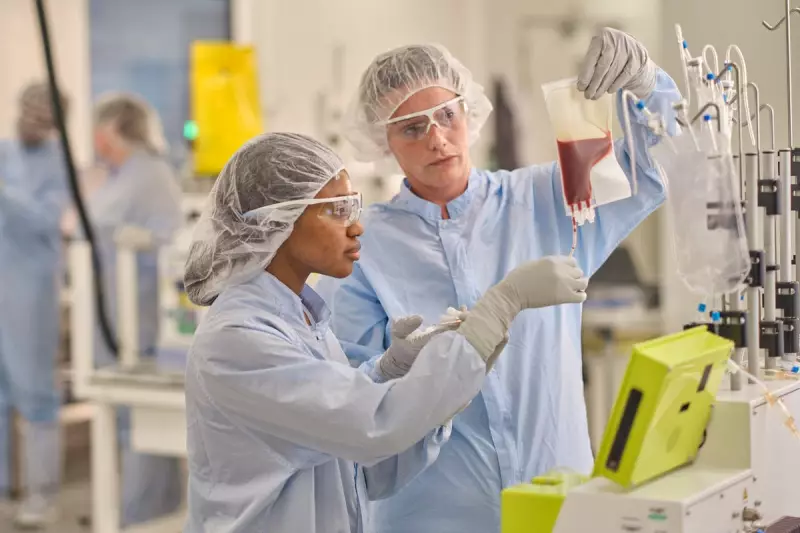
A revolutionary 'living medicine' treatment that has demonstrated the potential to cure an aggressive form of leukaemia has been officially approved for use by the NHS, offering new hope to patients across England.
A New Dawn in Cancer Treatment
The treatment, known as Obe-cel or Aucatzyl, represents a 'next generation' form of immunotherapy. It works by genetically modifying a patient's own cells, effectively reprogramming the body's immune system to recognise and attack cancer cells it would normally overlook.
This approval follows a significant clinical trial involving 94 individuals with relapsed or refractory B-cell acute lymphoblastic leukaemia (ALL). The results were striking: 77 per cent of participants given the treatment went into remission. Even more promising, more than half of those patients showed no detectable signs of cancer after three and a half years.
How the 'Living Medicine' Works
Obe-cel is based on CAR T-cell therapy, a cutting-edge approach to fighting cancer. The process involves scientists extracting T-cells from a patient's blood. In the laboratory, a new gene is added to these cells, equipping them with a chimeric antigen receptor (CAR). This receptor acts like a homing device, enabling the T-cells to seek out and destroy cancer cells with precision.
Once modified, these 'supercharged' cells are infused back into the patient. The treatment regimen involves two intravenous doses administered ten days apart at selected specialist CAR T-cell centres across England. A key advantage is that it typically needs to be given only once and is associated with fewer side effects compared to other intensive treatments.
Patient Hope and Official Endorsement
The National Institute for Health and Care Excellence (Nice) has now recommended Obe-cel for patients aged 26 and over. It is estimated that this decision could benefit more than 150 people over the next three years who have limited treatment options remaining.
Professor Peter Johnson, NHS national clinical director for cancer, hailed the development. "This cutting-edge therapy has shown real promise in trials and could give patients with this aggressive form of leukaemia a chance to live free from cancer for longer – and, for some, it could offer the hope of a cure," he said.
The treatment was developed by Autolus, a spinout company from University College London. Dr Claire Roddie, a UCL Hospital consultant haematologist, expressed her delight at the Nice decision, stating it will "help save the lives of many more patients."
The human impact of this breakthrough is embodied by patients like 19-year-old student Harry Brown from Harrogate, who received Obe-cel during the clinical trial in 2024. "I feel so lucky to have had access to such a wondrous treatment," Mr Brown said. "Not only did it work better than my doctors thought it would, it worked without many of the horrible side-effects... The biggest thing it offers is hope. When you're facing a situation like mine, hope is the most valuable thing you can have."






